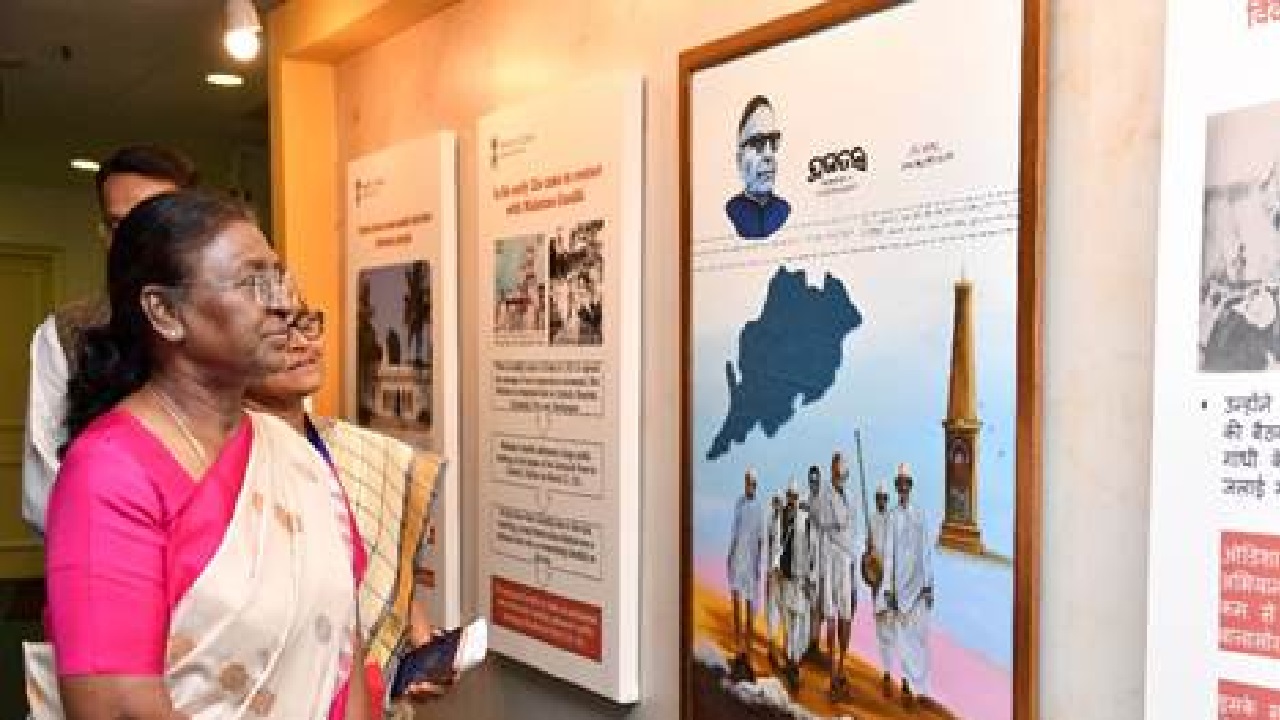
The Centre has decided not to grant special status to Bihar. This decision came after Janata Dal (United) MP Ramprit Mandal raised the issue in parliament. Minister of State for Finance Pankaj Chaudhary responded in writing. He stated that Bihar does not meet the criteria for special status.
Criteria for Special Status
Special Category Status was previously given by the National Development Council (NDC). States with hilly terrain, low population density, tribal populations, strategic borders, economic backwardness, and non-viable finances were considered. An Inter-Ministerial Group (IMG) in 2012 found that Bihar did not meet these criteria.
Historical Context
Special status provides more central support to backward states. It was introduced in 1969 based on recommendations from the Fifth Finance Commission. States like Jammu and Kashmir, northeastern states, Himachal Pradesh, and Uttarakhand have received this status. It ensures more funding and tax concessions from the central government.
JDU’s Long Standing Demand
The JDU has long demanded special status for Bihar. With BJP falling short of a majority and partnering with JDU, expectations were high for this demand to be met. JDU leader Sanjay Kumar Jha emphasized the importance of this status for Bihar. He mentioned that Chief Minister Nitish Kumar had organized rallies to push for this demand.
Centre’s Response
The Centre, however, reiterated that there is no plan to grant special status to Bihar. This response has led to criticism from the main opposition party, Rashtriya Janata Dal (RJD). RJD accused the JDU of enjoying power at the Centre while engaging in “drama politics” over the special status demand.
Special Category Status History
The concept of Special Category Status originated in the National Development Council meeting in 1969. The D R Gadgil Committee introduced a formula for Central Assistance allocation. This formula prioritized states like Assam, Jammu & Kashmir, and Nagaland.
Changes After 2014
Until the 2014-2015 fiscal year, 11 states benefited from Special Category Status. After the Planning Commission was dissolved and NITI Aayog was formed in 2014, the 14th Finance Commission’s recommendations were implemented. This led to the discontinuation of Gadgil Formula-based grants. The devolution from the divisible pool to all states was increased from 32% to 42%.
Current Scenario
Currently, no new states are being granted Special Category Status. The Constitution does not provide for such categorization. The government has made it clear that Bihar will not receive special status, despite the JDU’s long standing demand. This decision has intensified the political debate, with the RJD using it to criticize the JDU’s alliance with the BJP.
The Centre’s decision to reject special status for Bihar has significant political implications. While the JDU continues to push for this demand, the opposition RJD has seized the opportunity to criticize the ruling alliance. The debate over special status highlights the ongoing struggle for resources and recognition among Indian states.
(With inputs from agencies)







